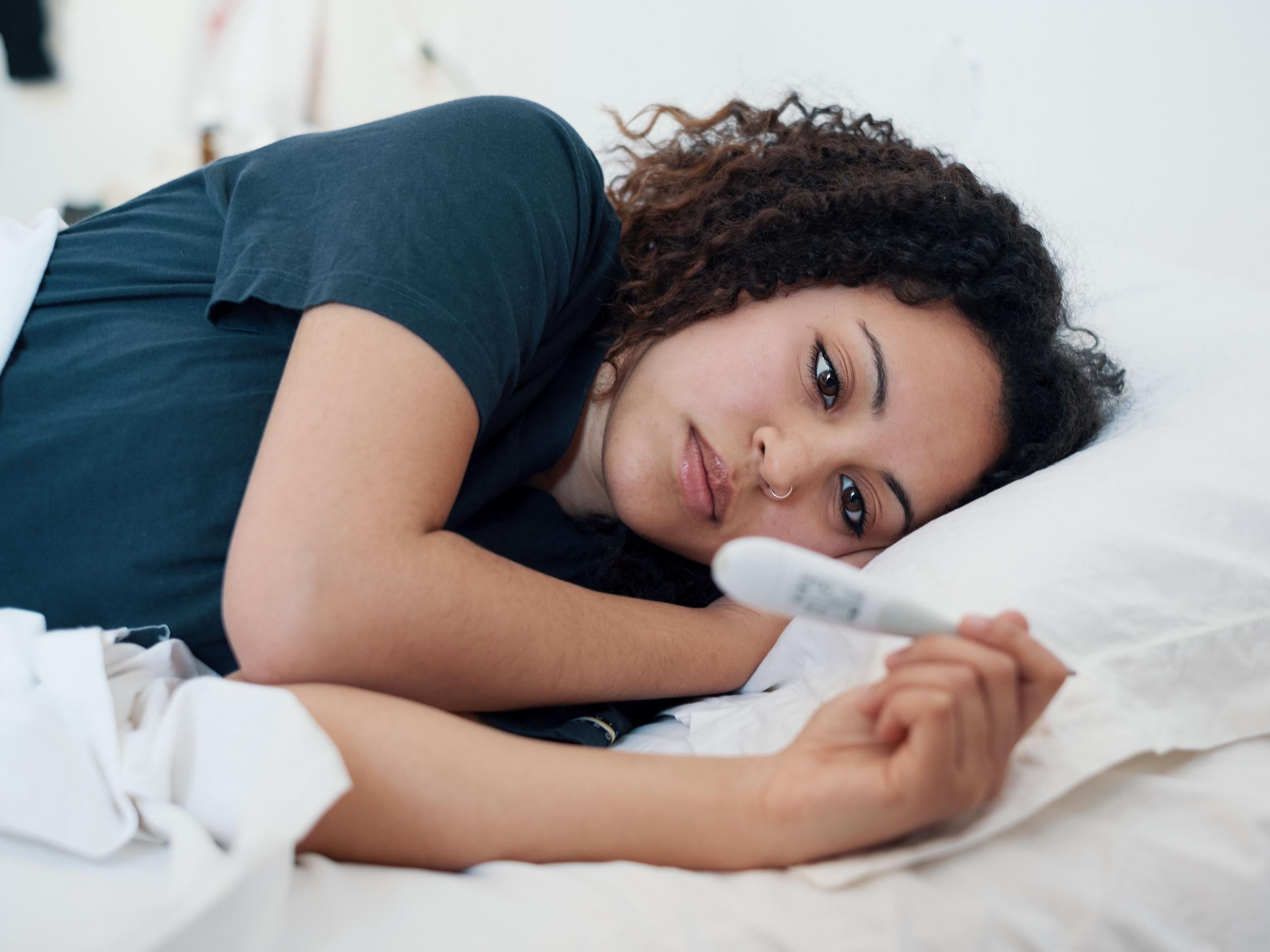Third of women in England suffer from reproductive health problems, report finds
‘Women’s reproductive health is a public health issue’

A third of women in England are suffering from severe reproductive health problems, according to a study conducted by Public Health England (PHE).
The report, which assessed the health of 7,367 women across the country over a 12-month period, delved into how the physical, mental and social wellbeing of the nation as a whole is affected by issues such as infertility and heavy menstrual bleeding.
The study concluded that women’s reproductive health is a “public health issue” that must be discussed more openly in everyday life.
The report found that one in seven women experience infertility in their lifetimes, with 90 per cent suffering from depression and 42 per cent experiencing suicidal thoughts as a result.
For those who reported suffering from heavy menstrual bleeding, almost a third said that they felt it disrupted their social lives and half stated that it’s caused them to experience symptoms of anxiety or depression.
One of the most eye-opening aspects of the report was the way in which women experiencing the menopause feeling the need to keep it a secret over the fear that they could put their careers in jeopardy should they reveal the truth.
Previous research carried out by a team at the University of Nottingham discovered that 12 per cent of women have taken time off from work due to menopause symptoms, with 59 per cent giving a false reason to their employer to explain their absence.
Sow Ay illustrations on mental health
Show all 18One in four women in the workplace are experiencing or have experienced the menopause, as outlined by the PHE report.
74 per cent of those questioned as part of the study stated that they believe greater understanding of the menopause by management in the workplace would prove very useful in future.
“Women’s reproductive health concerns can fundamentally influence physical and mental wellbeing throughout their whole life course,” says Dr Sue Mann, public health consultant in Reproductive Health at PHE.
“Our research has highlighted that while individual reproductive health issues and concerns change throughout a woman’s life, the feelings of stigmatisation and embarrassment were almost universal.
“The report reveals the need for an open and supportive approach in the workplace and in the health system.
“We encourage women to seek support from their workplace, and for workplace management to be aware of how reproductive health symptoms can affect women’s daily life.”
While reproductive health issues are common among women, more than half of those questioned for the study stated that they haven't reached out to a medical professional for help.
The study also assessed the predominant reproductive health-related worries that plague women today.
The biggest concern for the women polled was an unwanted pregnancy.
Having an enjoyable sex life came in second, while experiencing painful symptoms such as heavy periods came in third.
Subscribe to Independent Premium to bookmark this article
Want to bookmark your favourite articles and stories to read or reference later? Start your Independent Premium subscription today.

Join our commenting forum
Join thought-provoking conversations, follow other Independent readers and see their replies